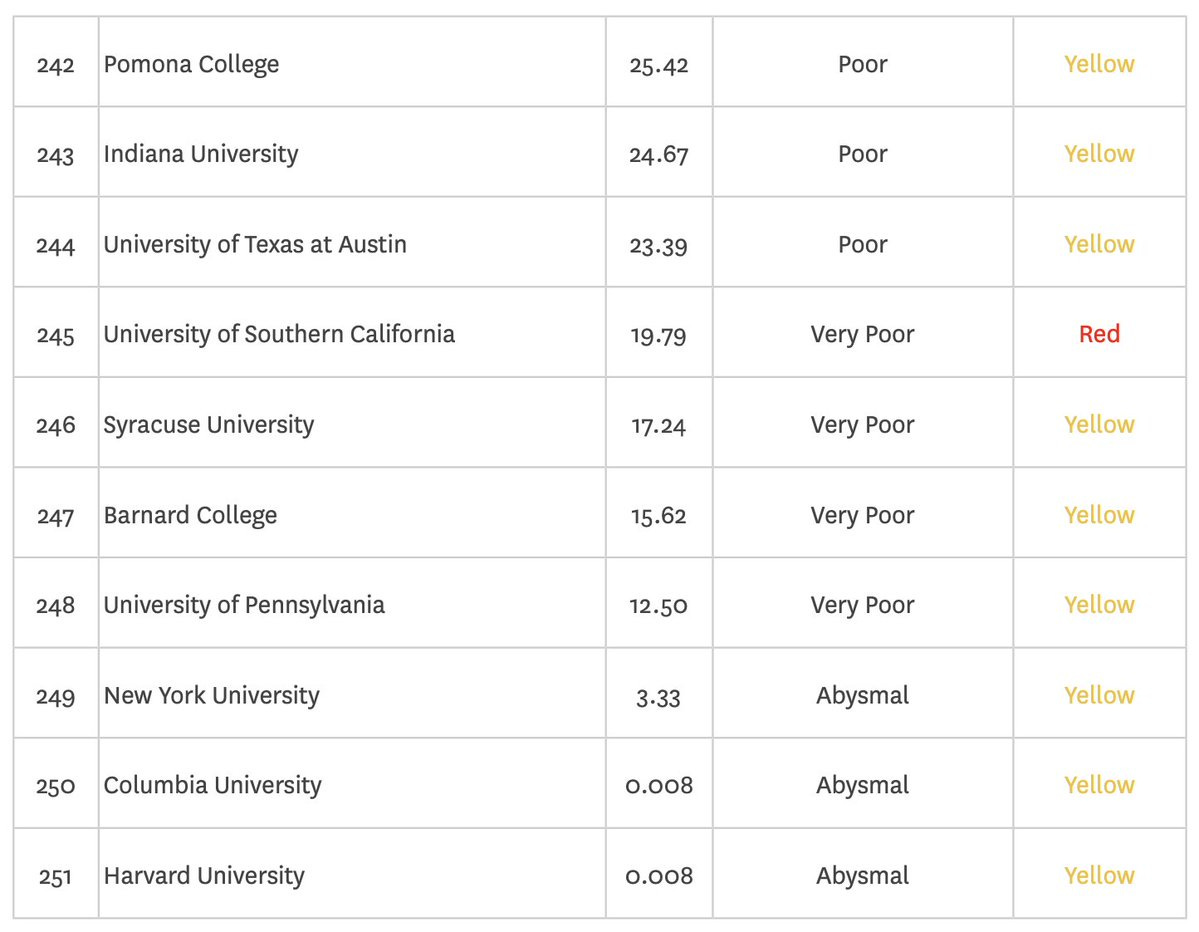Stale Serial: The legal maxim that “hard cases make bad law” dates back nearly 200 years. A newer formulation that “famous cases make bad law” better describes the tortured criminal case of Adnan Syed which has now been waged for nearly a quarter of a century. And even that formulation fails to do justice to the Maryland Supreme Court’s latest blunder in this case.
You might know Adnan’s name from the 2014 true crime podcast Serial, which became the biggest podcast in America and lit the match for the still rising popularity of true crime podcasting. Or you may know the name from the dozens of documentaries, podcasts, books, and long form articles that have since endlessly debated the facts and legal process stemming from the murder of high school senior Hae Min Lee in 1999.
You can find many, many, summaries of the case online and correctly conclude that Hae Min Lee was brutally murdered, Adnan Syed was convicted of that murder, there was ample evidence to support that conviction, and there was ample evidence to question the conviction (even if not Syed’s guilt). Over the years, the conviction has been questioned, appealed, reversed, and reinstated multiple times as it has ping-ponged through the Maryland courts and the media.
In September 2022, the State of Maryland took the unusual step of asking to vacate Syed’s conviction because it had failed to turn over exculpatory evidence to the defense. This motion was eventually granted and prosecutors then dropped all charges. Syed had served over 20 years in prison and was free.
But, and there’s always a but in this case, Lee’s family argued that her brother had not been given sufficient opportunity to attend the hearing to vacate the conviction in person (he did testify at the hearing by video conference). In a stunning opinion from the Maryland Supreme Court last Friday, the Court reinstated that 24 year old conviction not because of evidence relating to guilt, not because it disagreed that the State withheld evidence, and not because the court didn’t hear from the victim’s family. The Court reinstated the murder conviction because the victim’s family did not attend the hearing in person based upon a law that is silent regarding in person attendance. In so doing, the Court reimagined the statutory language, placed the victim’s family’s right to be in a certain physical location twenty years after a conviction ahead of the defendant’s constitutional rights, and fashioned a remedy for victim’s rights that punishes a defendant who has no power to impact those rights rather than the State who has the sole obligation to uphold those rights. Famous cases make bad laws.
Predictor of Violence?: Could it be that a low resting heart rate could actually be the best physiological predictor of violent/antisocial behavior? A study of over 700,000 men suggests that lower heart rates are associated with increased violent criminality, criminality, car crashes and assault injuries.
Like Speech Ain’t Free: Yesterday, the Foundation for Individual Rights and Expression (FIRE) released its annual free speech rankings for universities. Unfortunately, this exhaustive survey and analysis of free speech incidents on campus continues to highlight a number of worrisome trends including:
an abysmal free speech climate at the most prestigious universities (Harvard ranks dead last at 251 out of 251 schools)
increases in the percentage of students who think it is acceptable to shout down a speaker, block other students from entering an event, and using violence to stop a campus speech
an increasing number of students who believe controversial speakers should not be allowed to speak on campus
Why does it matter for criminal justice that students don’t support free speech? First, limiting or criminalizing free speech adds expense, inefficiency, and additional burdens on systems of criminal justice. Second, a generation that doesn’t support constitutional free speech rights are unlikely to support important criminal rights guaranteed in the constitution. Third, well, let’s take a look at the UK, where a convicted child rapist escaped jail time in August because of prison overcrowding. This overcrowding is due to an influx of prisoners that includes, in part, a number of individuals who have been imprisoned simply for speech that references immigration or is deemed hateful, inaccurate, offensive, or simply an “improper use of an electronic communications network.”
Downstream Impacts: Of the many downstream impacts of the criminal justice system, health matters are often forgotten. The Harvard Kennedy School (yes, the Harvard with the terrible free speech rankings) has created a fall speaker series entitled “The Diagnosis of Incarceration” consisting of six separate programs addressing intersection of health care and incarceration in the U.S.
It is said that every system is perfectly designed to yield the results that it produces. In the U.S., an $85 billion criminal legal system executes higher mortality rates and yields a greater prevalence of mental health, chronic illness, infectious disease and substance use disorders in people subjected to it as compared to the general population.
The architecture of criminal punishment includes an often-opaque network of over 1,500 state prisons, 98 federal prisons, 3,100 local jails, 1,300 juvenile correctional facilities, and 140 immigration detention centers. How does the diagnosis of incarceration transform the health and livelihood of patients, providers, and the legal system at large? What insight can health outcomes, premature deaths, and clinical research provide in efforts to reform, redesign, or disrupt the blueprint and footprint of the criminal legal system?
The programs start September 18th and will address topics relating to health inequities, standards of care, oversight, outcomes, changes to Medicaid policy, and a blueprint for future healthcare in and beyond incarceration.
Stranger Stuff
Corrupted by Duck: A former aide to New York governors Cuomo and Hochul has been charged with acting as an unregistered agent of China while working in New York State government. In addition to the millions of dollars that exchanged hands in the scheme, the aide received Nanjing-style salted ducks prepared by a PRC official’s personal chef.
Welcome to Oakland, maybe check Craigslist: Firefighters brought out the “jaws of life” tool during a call last week, set it down while working the scene, and then realized that the 50 pound tool had been stolen.
Who Among Us?: A small town Georgia Mayor was arrested after allegedly buying a bottle of gin and . . . you want to guess? That’s right, left it in a ditch for a state prison work crew. How did you know?
The Warden Threw a Party in the County . . . : A Missouri woman was charged in a scheme to defraud Elvis Presley’s family and auction off the Graceland Mansion. Following her arrest, the woman blamed the scheme on a Nigerian identity thief.
His Name was Pancake: Police arrested a man with hamsters stuffed inside his leopard-print onesie in Hilliard, Ohio. His name was Pancake.
Emotional Rescue: A New York woman received $165k in damages after a co-op tried to evict her over her three emotional support parrots.
Who Wants to be a Gazillionaire? An Alabama woman is suing Lane Kiffen (Ole Miss head football coach), the Trump family, and JD Vance for at least one gazillion dollars for “labor and pay.” The lawfare never stops.






